
Election Watch: Mongolia
What are the issues? On October 11, Mongolians head to the polls for nationwide local elections. This latest round of…
In many ways, the Asia-Pacific region is a bellwether for the world’s democratic development. It contains more than half the world’s population, has achieved some of the strongest overall economic growth during the past decade, and features governmental systems that span the entire political spectrum, from a completely closed dictatorship in North Korea to a vibrant and open democracy in Taiwan and everything in between.
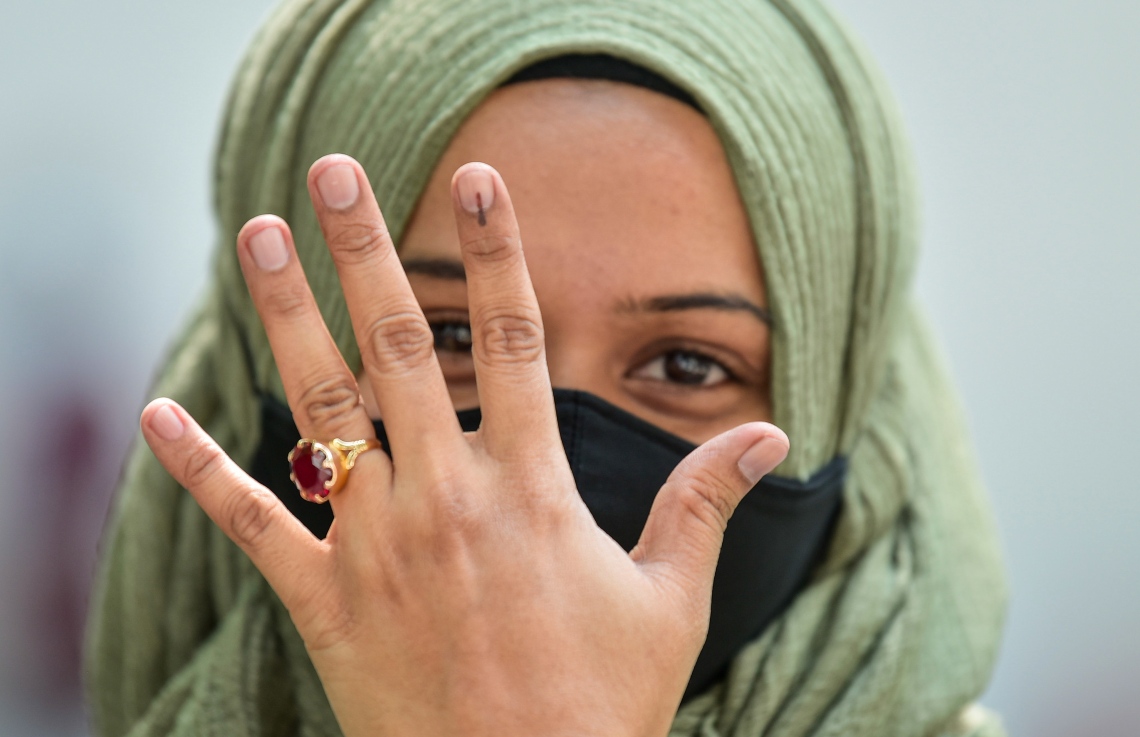
The Asia-Pacific region is not immune from authoritarianism’s recent march; dictatorships have tightened their grips, illegitimate rulers use the façade of democracy and rule of law to maintain power, and some successful democracies’ pluralism has eroded.
Yet the Asia-Pacific region has so much going for it. The region is one of the youngest in the world, with several countries boasting an average age well under 30, many of its economies are poised to return to economic growth following the end of the pandemic, and a diversity of people and cultures assures continued dynamism. If the region can unleash its potential through democratic governance and open societies, then its future is bright indeed.
And that is the future that IRI is working to be part of. First, by working to strengthen sustainable, resilient democratic institutions to represent individuals and communities and defend against authoritarian influence. IRI and its partners help ensure state institutions are transparent and accountable, the media is free and accurate, political parties are responsive to constituents, and civil society safely and effectively represents communities.
Second, IRI works with its Asia-Pacific partners to ensure that people, particularly those on the periphery of power, can understand and safely exercise their universal human rights, hold leaders and institutions accountable, prevent and counter extremism and discrimination, and increase resilience to dis/misinformation.
Finally, IRI and its partners work to ensure that all people, regardless of how they identify, possess and exercise fundamental human rights and that states create and enforce safeguards to protect individual rights, liberty, and security.
The Asia-Pacific region is home to the world’s largest authoritarian government and its largest democracy. It features democracies backsliding and authoritarians slowly moving towards a more mature and accountable system. While the democratic future of the region will be determined by those who live there, IRI will continue its support for democrats in the region as they advocate, protest, and work to secure their rights and freedom.

What are the issues? On October 11, Mongolians head to the polls for nationwide local elections. This latest round of…
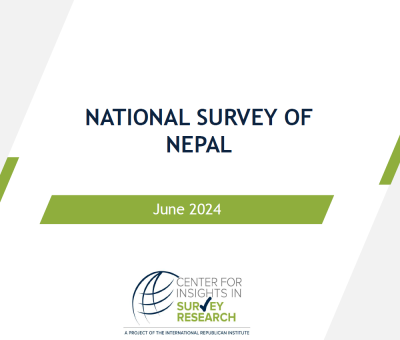

Kathmandu, Nepal – A new nationwide public opinion poll from Nepal released by the International Republican Institute’s (IRI) Center for Insights…

Indu Tuladhar, a WDN member from Nepal, is an inspiration whose passion and perseverance is creating positive change. Tuladhar grew…
Nearly 50 percent of the world’s countries will see voters head to the polls in 2024 in what has become…

Over the course of this historic year of elections, IRI’s Technology and Democracy (TechDem) Practice has been tracking how artificial…

“What if a country’s government joins forces with a foreign authoritarian regime to spy on the country’s own people? Can…
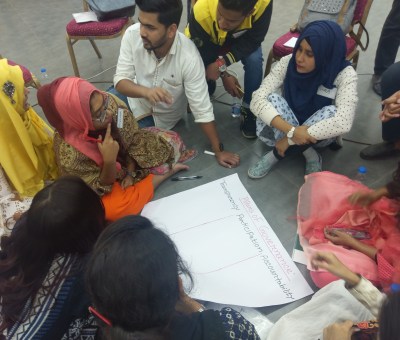
As one of the most densely populated countries on earth, Bangladesh needs a government that is responsive to over 160…
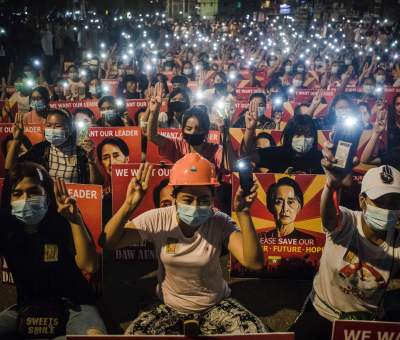
There are few countries that have witnessed the political turmoil that has rocked Burma over the last three decades. In…
A country rich with history and culture, Cambodia sits at a pivotal point in their democratic development. With an emphasis…
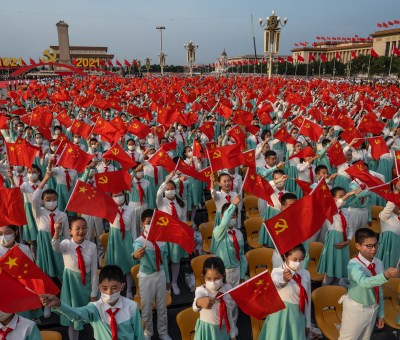
The Chinese Communist Party (CCP) is one of the biggest threats to democracy on the world stage. As the challenges…
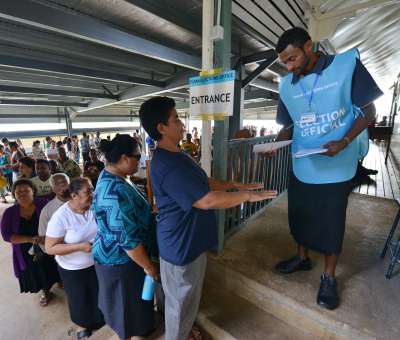
Though the Republic of Fiji has become a regional leader, from the mid-80s to the early 2000s the country was…
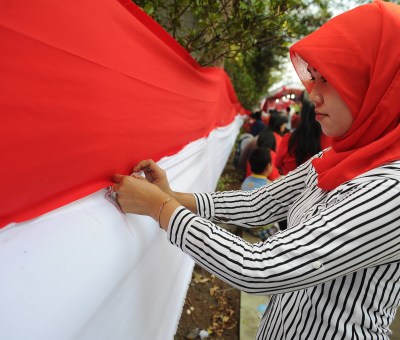
Indonesia is a vibrant and diverse country with over 270 million people. IRI’s work there supports political parties and civil…
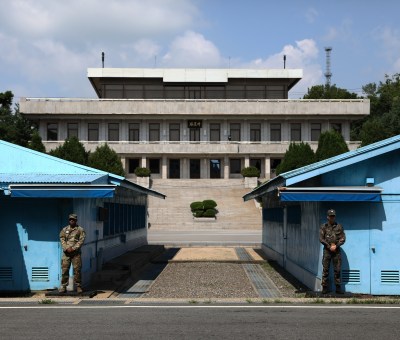
Since IRI cannot work in closed North Korea, its work focuses on building the intellectual, social, and emotional competencies of…
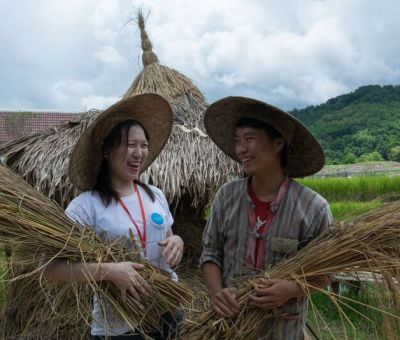
As a one-party state with strong restrictions on civil liberties, the people of Laos face many obstacles to a democratic…
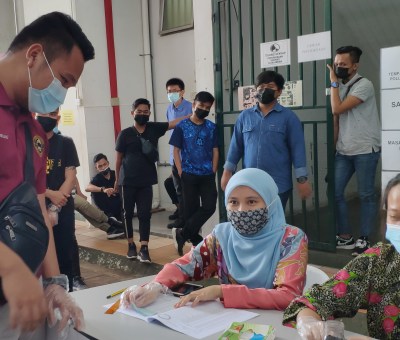
In Malaysia, IRI supports initiatives that advocate more inclusive civic, political and electoral engagement, especially among the country’s most underrepresented…

The Maldives is one of the most dispersed countries in the world. As a nation consisting of 196 inhabited islands…
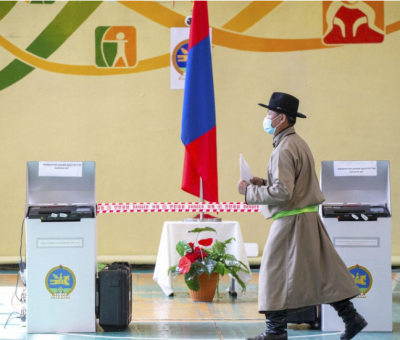
Located between Russia and China, a vibrant democracy in Mongolia can serve as a model for other aspiring nations hoping…
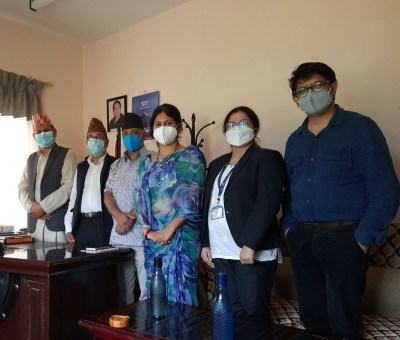
IRI has worked in Nepal since 2018 conducting legislative strengthening, civil society, and women’s and youth empowerment programs. After a…
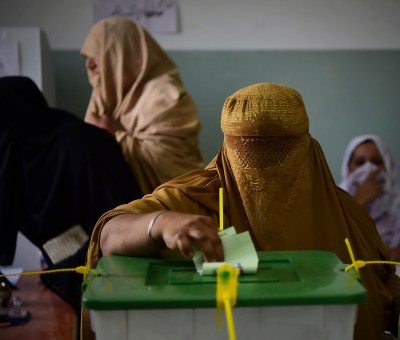
The geo-strategic location of Pakistan plays a significant role in influencing and shaping the dynamics of South Asia. IRI has…
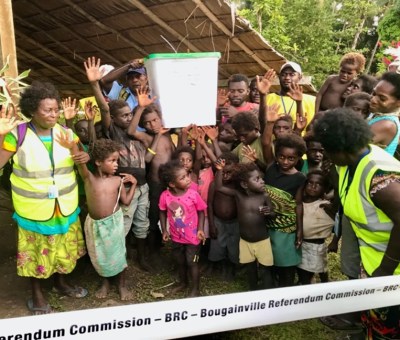
Papua New Guinea (PNG) has been holding regular elections since independence in 1975 but the 20-year civil war that took…
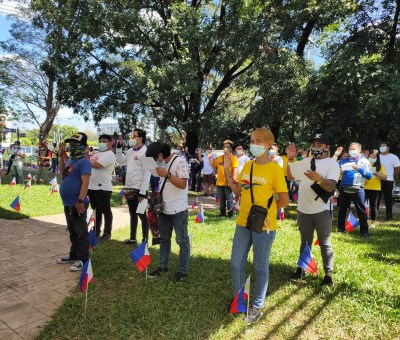
A longtime strategic partner to the United States, the Philippines has experienced an uneven pathway to building democratic institutions and…
Once considered the Pacific Islands’ most stable democracy, in 2021 Samoa’s ruling political party and the world’s second-longest ruling head…
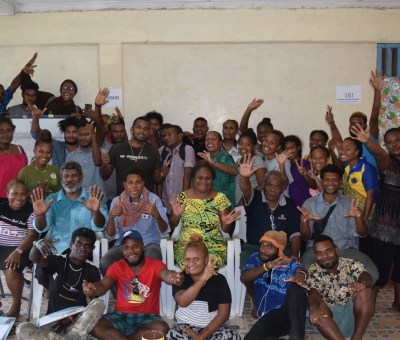
Despite sporadic but frequent years of civil unrest, including the most recent riots in 2021, Solomon Islands continues to hold…
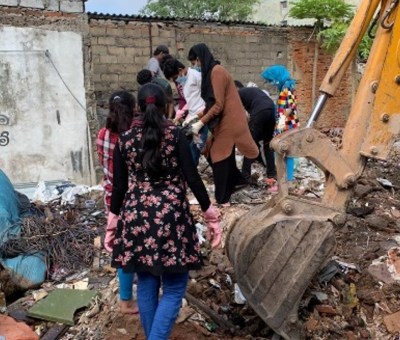
Situated in a geo-strategic location in the Indian Ocean, Sri Lanka and the U.S. maintain strong bilateral relations based on…
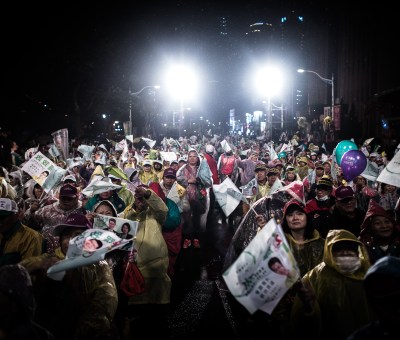
With its vibrant democracy and civil society, Taiwan is a world leader in innovating to create positive social change and…
IRI has operated consistently in Thailand to strengthen the ability of Thai political parties to effectively and democratically govern, bolster…
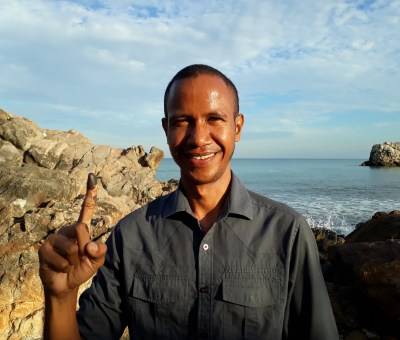
IRI Timor-Leste provides leadership training and support to rising, forward-looking leaders. IRI’s approach includes media releases and talk shows featuring…
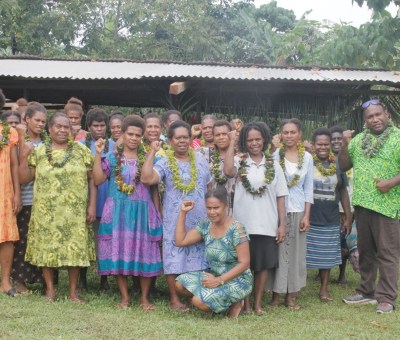
Since gaining independence in 1980, the archipelago country of Vanuatu has elected only five women to its 50-person parliament. Through…